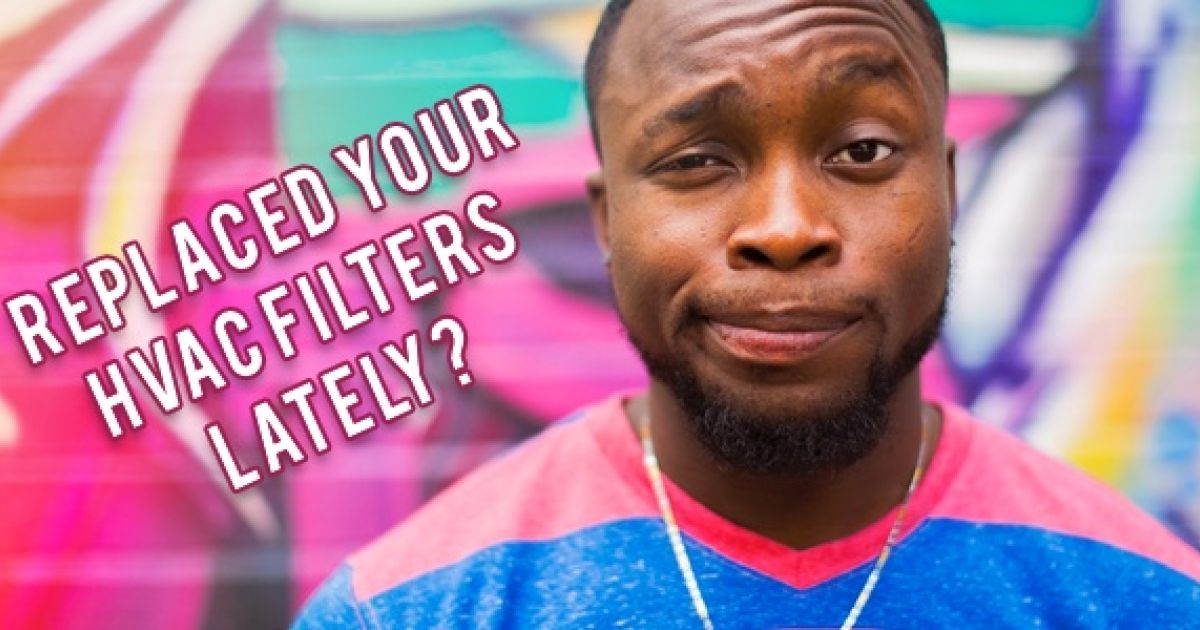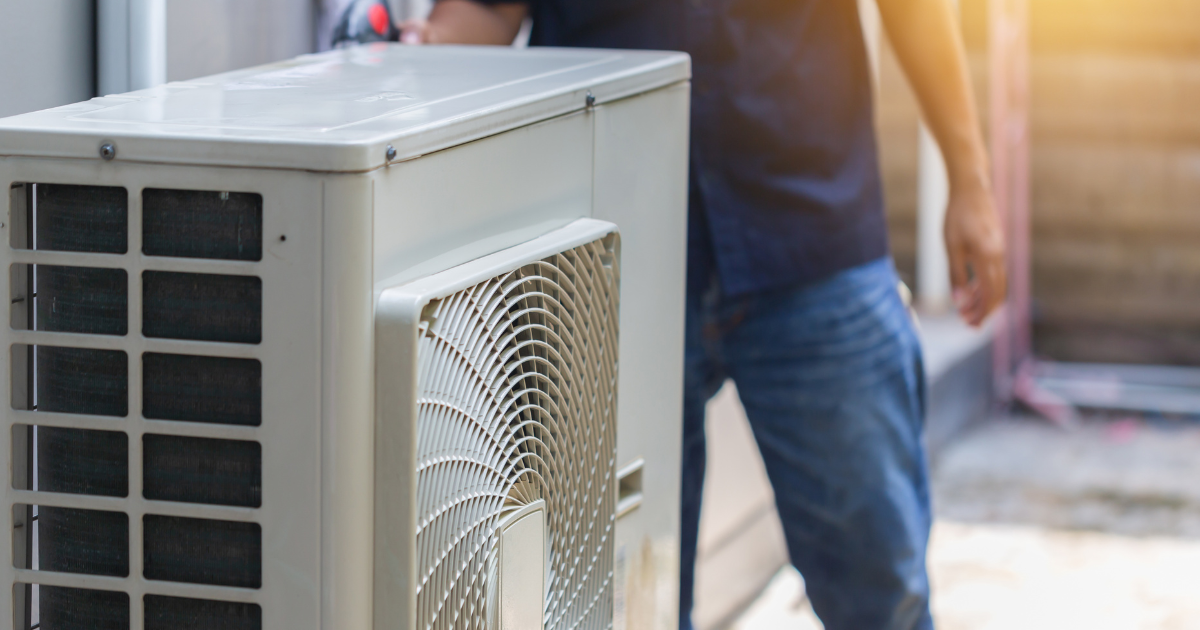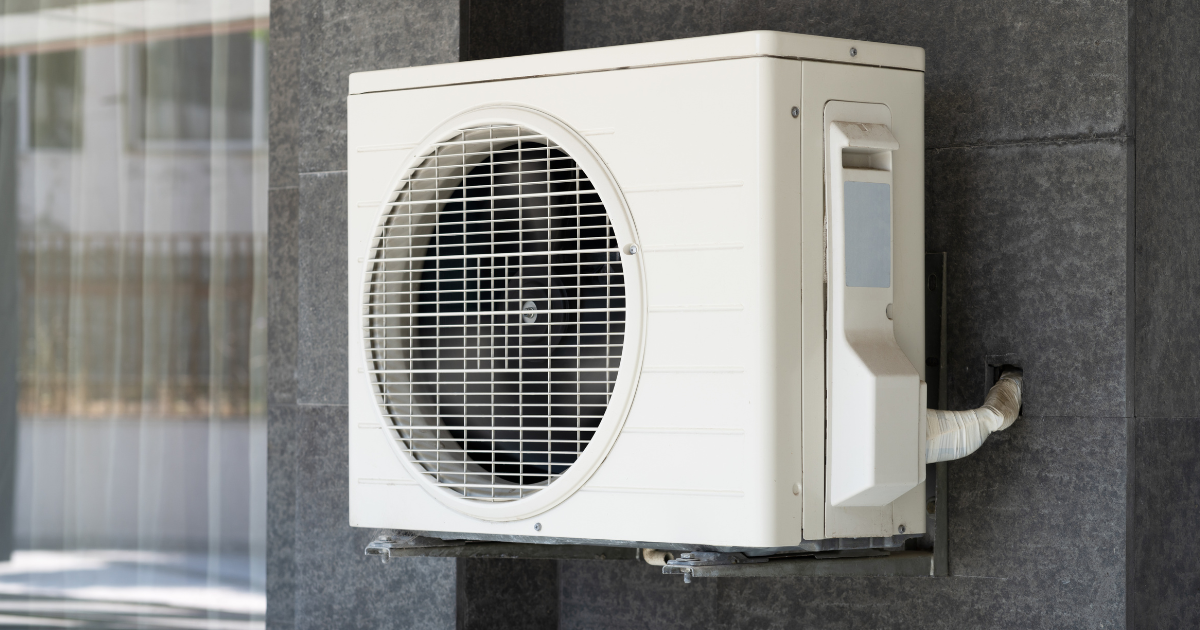Why Replace Your HVAC Filters?
Heating and cooling systems contribute to around 48% of the typical energy use in a standard home — and with energy prices constantly on the rise, it pays to ensure your HVAC systems are as efficient as possible.
One of the simplest — and most effective — things you can do to reduce energy waste is to check and replace your HVAC air filters on a frequent basis. According to Energy.gov, changing your HVAC filters regularly can improve the efficiency levels in your equipment by 5% to 15%.
They may seem like just one small part of the whole system, but filters are one of the biggest factors affecting the efficiency of your unit, its lifespan, and even its impact on your health.
When Is it Time to Change your HVAC Filters?
Most property owners change their HVAC filters at the beginning of a new season, or when they know their equipment will need to work harder than usual. Some people change their filters once a month, for peace of mind.
A good rule of thumb is to change your filters whenever they’re dirty. Though “when they’re dirty” is different for each individual property, and living situation. The most accurate answer to “When should I change my HVAC filters?” actually depends on a number of factors, such as:
1. The type of air filter — Each type of air filter has a different lifespan. For instance, disposable filters generally don’t last as long as pleated filters. Research the expected lifespan for the type of filters you use.
2. The air quality indoors — If you (or your family members) suffer from frequent colds or allergies, especially if you notice these symptoms intensify inside the house, it may be a sign of poor indoor air quality. Changing your filters more often will improve the air quality.
3. The presence of pets — Usually, people with pets need to change their air filters more frequently, to avoid a buildup of dander.
4. The number of people present — The more foot traffic in the property, the more dirt and dust gathers in the air. If you have a large family, or entertain guests often, change out your filters more frequently.
5. The levels of pollution in your area — If your home experiences a high level of daily pollution, such as car traffic or regular construction debris, your air filters likely get dirty much quicker than those in less polluted regions.
Everything depends on the living conditions of your home, how hard your HVAC system works, and what kind of filters you’re using. If you change your filters once every couple of months, and notice that dust builds up in your property between changes, this is likely a sign you need to switch your filters out more frequently. Remember to check your filters more often during cold winters or hot summers.
What Are the Types of HVAC Filters?
One of the biggest factors dictating when you change your filters is the kind of filter you use. Today, homeowners have a range of choices in energy-efficient equipment, meaning that even something as simple as an air filter comes in many varieties. Here are some of the basic options available to you:
Economy Filters — These are disposable filters, and though they are inexpensive, usually have a poor filter rating, need replacing regularly, and may not perform as well as other options.
Pleated Filters — These filters can last from one to three months, and are more efficient than economy filters. They have a larger filter area but fit into the standard filter space.
High Efficiency Pleated Filters — Rated up to a MERV 16, these filters remove most contaminates out of the air and can last a year or more in some case. Though they filter really well, they also allow great airflow even as the filter continues to load up
HEPA Filters — HEPA filters are hospital grade and often the most efficient, but also the most expensive to purchase.
The Benefits of Changing your HVAC Filters
Changing your filters regularly keeps your energy costs down, by reducing the strain on your systems; but it will also keep you (and your family) healthier. Clean air filters reduce the number of toxins, pollutants, and allergens you breathe in every day. The more pure and filtered your air is, the less likely you are to suffer from allergies, respiratory symptoms, and other health issues.
Neglect and dirt mark the top causes of HVAC failure — one of the easiest ways to prevent system issues is to stay on top of your air filters. Every time you change them out, you’re improving your HVAC system’s lifespan, reducing the risk of breakdowns, and boosting your own health.

Bob Jenson
For over 45 years, Bob Jenson has been providing quality heating and air services to the San Diego community.
Request Service
Please fill out the form below to request an estimate or schedule service.
"*" indicates required fields







